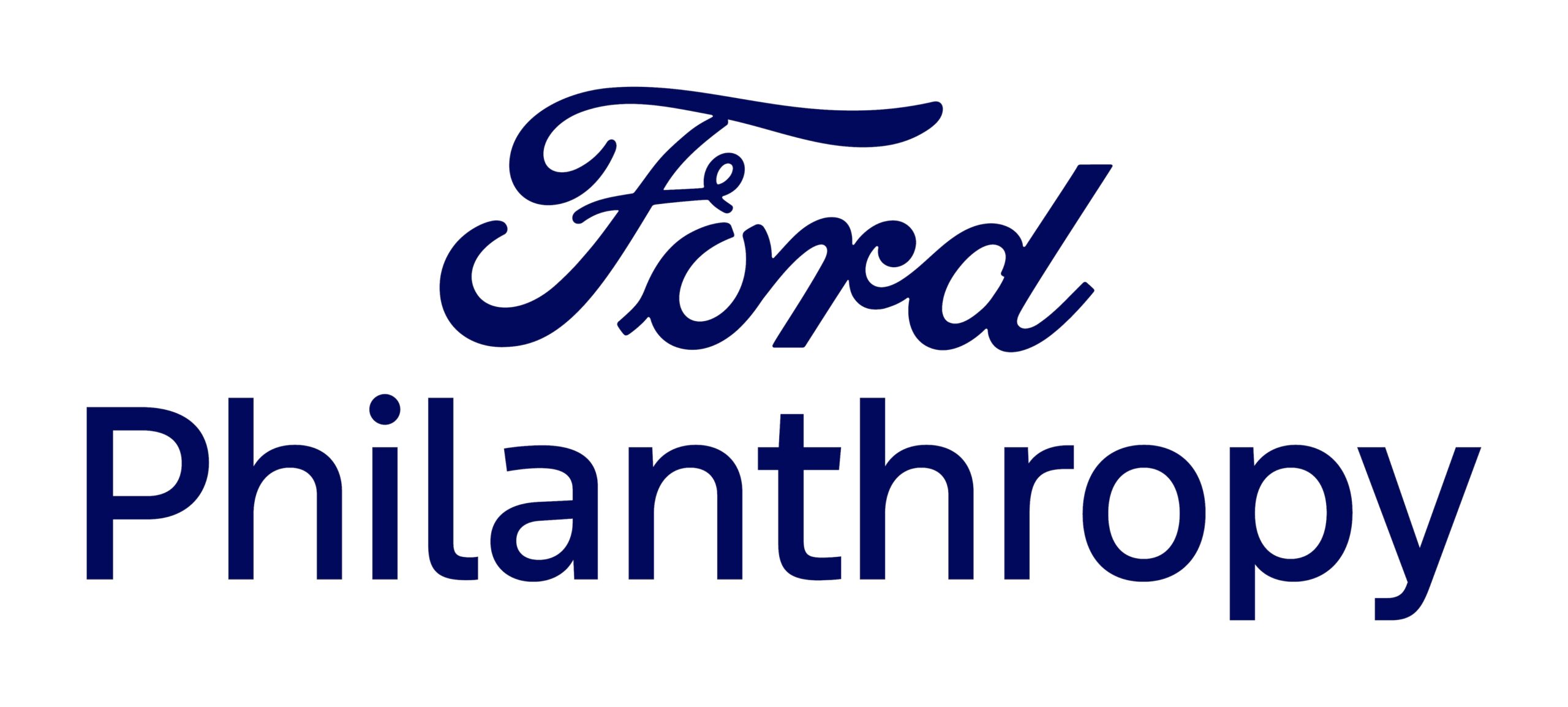Ford C3 Building Sustainable Communities 2025 - Cycle 11

Enactus is proud to partner with the Ford Philanthropy for the Ford C3 Building Sustainable Communities Project Partnership 2025, Cycle 11. Through the Ford C3 project, Enactus, with support from the Ford Philanthropy, challenges Enactus teams in Australia, Brazil, Germany, Mexico, South Africa and the United Kingdom to use entrepreneurial action to address an urgent, unmet social need or problem in the local community. The Enactus teams should design projects that are innovative, creative and unique and that help the community to become a more sustainable place to work and live.
Program Overview
The purpose of Ford C3 is to challenge colleges and universities to partner with their local communities to design innovative, student-led projects that address critical community needs. The overarching theme of the Ford C3 is “Building Sustainable Communities.” Enactus teams’ projects will include the following elements:
- Create an innovative approach to building sustainable communities, changing the way people move through smart mobility, or driving social mobility
- Involve students in a leadership role
- Address an urgent and unmet community need in a tangible way
- Involve a community-based organization as a partner
- Generate and document measurable outputs and outcomes to demonstrate how the project improves livelihoods
All templates needed for this program and application process can be found here.
Eligibility
All enrolled Enactus teams in the participating countries with projects meeting the program goals and reporting requirements listed below are eligible to apply for a 2025, Cycle 11 Ford C3 Project Partnership grant. The project submitted must have outcomes and impact between the following dates:
1 December 2024 – 30 November 2025
Application and Judging Criteria
Interested Enactus teams from the participating countries can apply using this link.
Winning projects will receive a grant to further their project and impact. Application forms will be judged on the following criteria:
- How well does the team create an innovative approach to building sustainable communities, changing the way people move through smart mobility, or driving social mobility?
- How well does the team’s plan involve students in a leadership role?
- How well does the team’s plan tangibly address an urgent and unmet community need?
- How effectively has the team identified measurable outputs and outcomes to demonstrate the success of the project?
- How well does the team’s plan use entrepreneurial action to empower others to improve their livelihoods?
Click here for a detailed breakdown of the competition and criteria.


